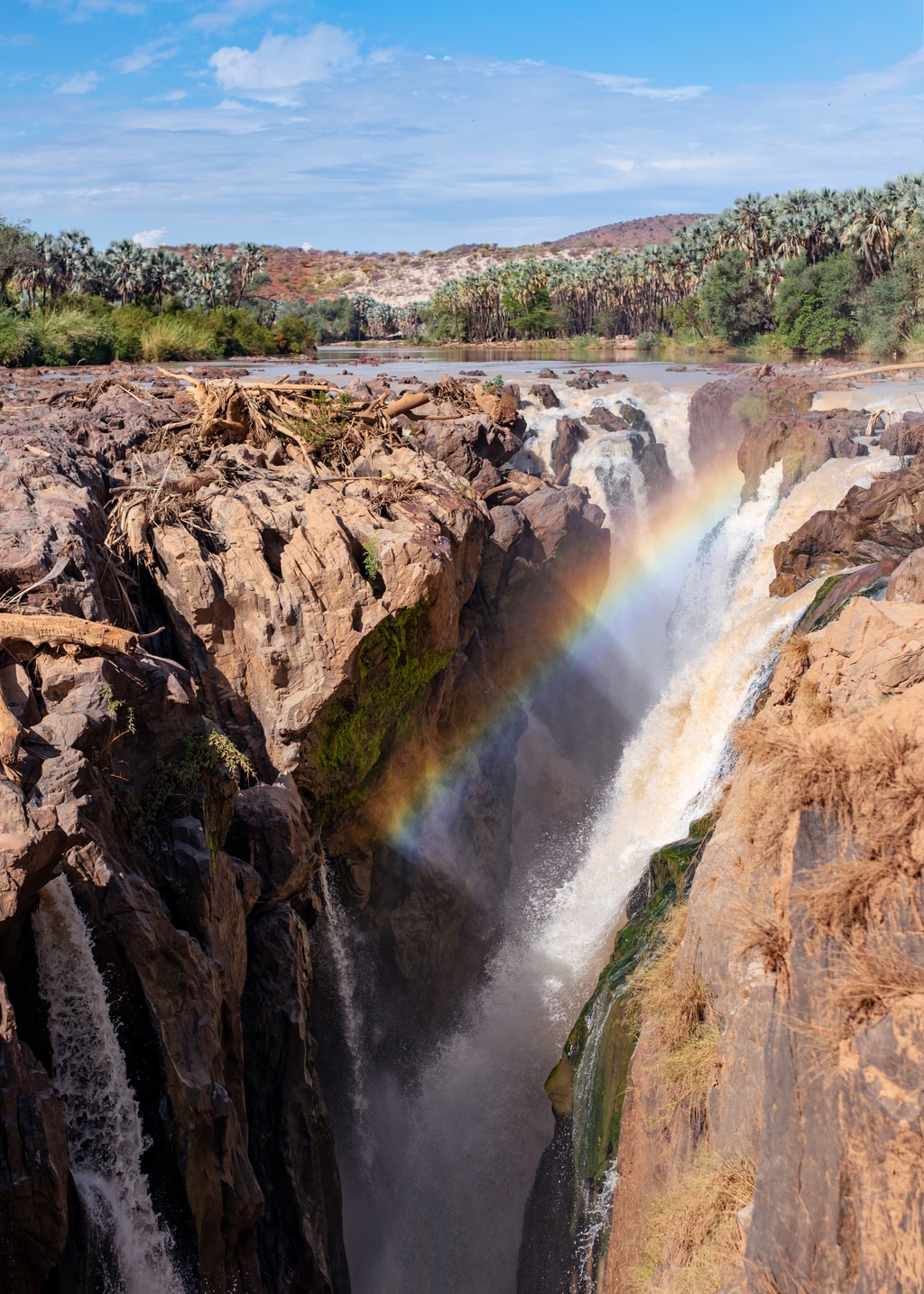If you're looking for a quiet, eco-friendly destination in 2024, Namibia should fit the bill. Its cities are cited as models for ecotourism in a global ranking by the American magazine Forbes.
Namibia is one of the African countries whose international reputation for ecotourism is currently undiminished. With its unique biodiversity, protected areas and seaside attractions, Namibia has been ranked by Forbes as one of the world’s top destinations in 2024.
The American magazine cites the capital Windhoek first, given its proximity to Etosha National Park. In recent years, Etosha has become very popular with German, British, Italian and French tourists. Etosha is home to a diverse range of wildlife, including the Big Five – lion, leopard, African elephant, black rhino and African buffalo.
There are also mountain bike (MTB) tours to explore the Swakopmund municipality, where desert and ocean meet. Foreign naturophiles flock here all year round to contemplate the reptiles (lizards, geckos), small rodents (gerbils, moles) and even hyenas that are the pride of some 64,000 inhabitants.
Namibia, Africa’s ecotourism capital
Senegal, with its island of N’gor, and South Africa, with its wine-growing town of Stellenbosch, also feature in Forbes’ 2024 world ranking, but it’s Namibia that stands out. Indeed, the southern African country is used to it. In 2023, the “Awake Tourism” competition organized by the World Tourism Organization (UNWTO) awarded a prize to start-up Kamatjona for its digital solutions for enhancing the potential of wildlife and flora in the city of Windhoek.
Read also- NAMIBIA: Telecom Partners and Omdis prepare Oranjemund’s digital transformation
The dynamism of ecotourism in Namibia has been confirmed since 2020 by the United Nations Development Program (UNDP), which sees significant financial spin-offs. “The economic contribution of wildlife tourism is equally impressive: in 2018 it amounted to $343.6 billion (0.4% of global GDP) and accounted for 21.8 million jobs worldwide, or 6.8% of total jobs in the travel and tourism sector,”,explains Midori Paxton, Head of Ecosystems and Biodiversity at Pnud. According to the Federation of Namibian Tourism Associations (FENATA), general tourism contributed N$32 billion (US$1.6 billion) to Namibia’s economy in 2023.
Benoit-Ivan Wansi







